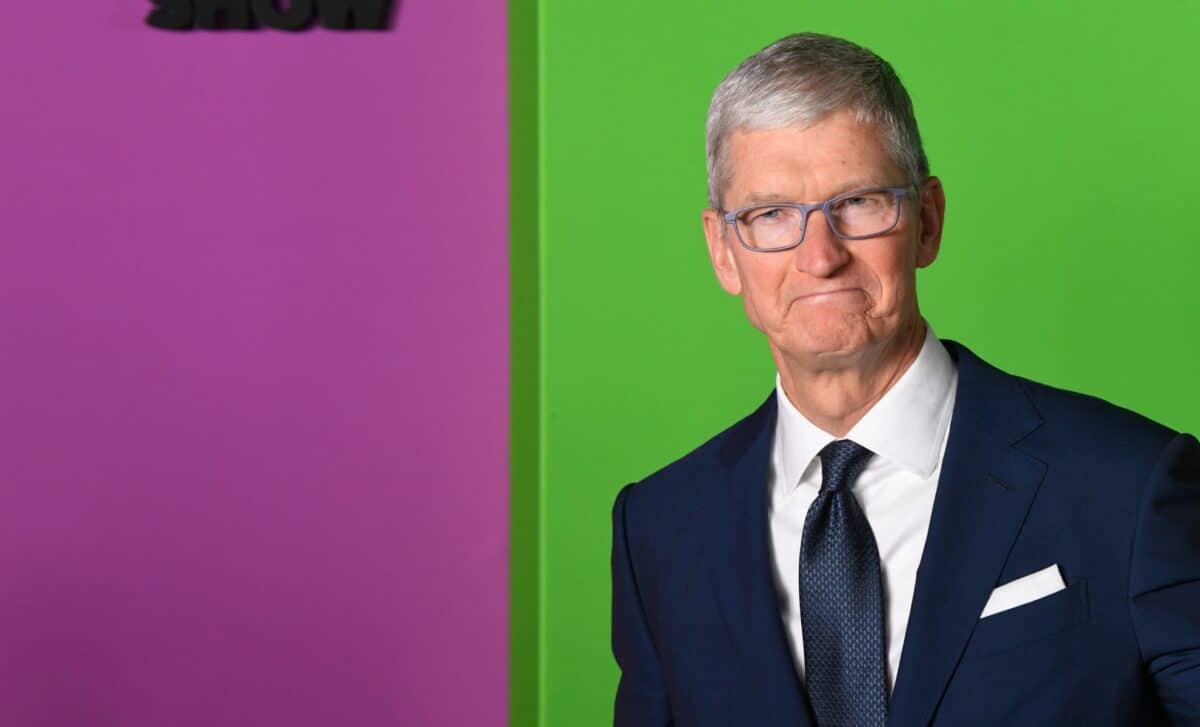Several leading tech figures have begun outlining a future without smartphones, opting instead for devices integrated directly into the human body or worn on the skin. But as Elon Musk, Mark Zuckerberg, Sam Altman, and Bill Gates invest in brain chips, digital tattoos, and augmented reality, Apple CEO Tim Cook is staying the course with traditional mobile innovation.
This divergence highlights a growing split among Silicon Valley’s most influential leaders about the future of digital interaction. While some advocate abandoning touchscreens in favor of neural and visual interfaces, others are doubling down on enhancing existing platforms with new technologies. The debate signals a potential shift in how consumers may relate to their devices—and how tech companies envision control over the next generation of user experience.
Smartphones have dominated personal technology for more than a decade. Their central role in communication, navigation, commerce, and health has shaped entire industries and behaviors. Now, amid a wave of experimental prototypes and conceptual platforms, a few tech leaders suggest this dominance may soon end. But not all voices are aligned: Apple, one of the original architects of the smartphone era, sees continued relevance in refining rather than replacing it.
Retirement at 62 : here’s what it means for your benefits
Neural Implants and Skin-Based Interfaces
Elon Musk, through his company Neuralink, is advancing the development of brain-computer interfaces that would allow users to interact with digital systems using only their thoughts. According to The Daily Galaxy, two individuals have already received Neuralink implants. The objective is to eliminate the need for physical gestures, offering direct neural communication with devices.
Simultaneously, Bill Gates is backing Chaotic Moon, a Texas-based company creating electronic tattoos. These skin-mounted interfaces use nanosensors to gather and transmit data. Potential applications include health monitoring, geolocation, and direct communication, suggesting a future where the human body becomes the platform itself. Both technologies aim to move beyond physical hardware, redefining interaction at the biological level.
Augmented Reality Glasses and Immersive Vision
Mark Zuckerberg, CEO of Meta, is promoting augmented reality as the new primary computing interface. He envisions a future where digital content is projected into the user’s field of vision through AR glasses. Zuckerberg believes these glasses could overtake smartphones by 2030, with users receiving notifications, maps, and messages without looking down at a screen.
This approach fits into Zuckerberg’s broader strategy surrounding the metaverse, where digital and physical realities coexist through wearable interfaces. Instead of tapping on phones, users would interact with their environment through gesture, voice, and gaze, merging the real and virtual in a continuous visual layer.
Apple Maintains Evolutionary Course
In contrast to these speculative technologies, Tim Cook has reaffirmed Apple’s commitment to the smartphone as a central tool. The company’s recent release of the iPhone 16 focuses on integrating artificial intelligence to enhance usability, without departing from the established form factor.
Cook emphasizes refinement over reinvention. Apple continues to introduce new features, such as augmented reality and AI enhancements, but within the familiar smartphone framework. “We’re committed to improving what people already use,” Cook has stated, signaling a belief that the smartphone still offers the best foundation for technological advancement. Apple’s strategy favors a gradual transition, not the immediate abandonment of existing devices.








